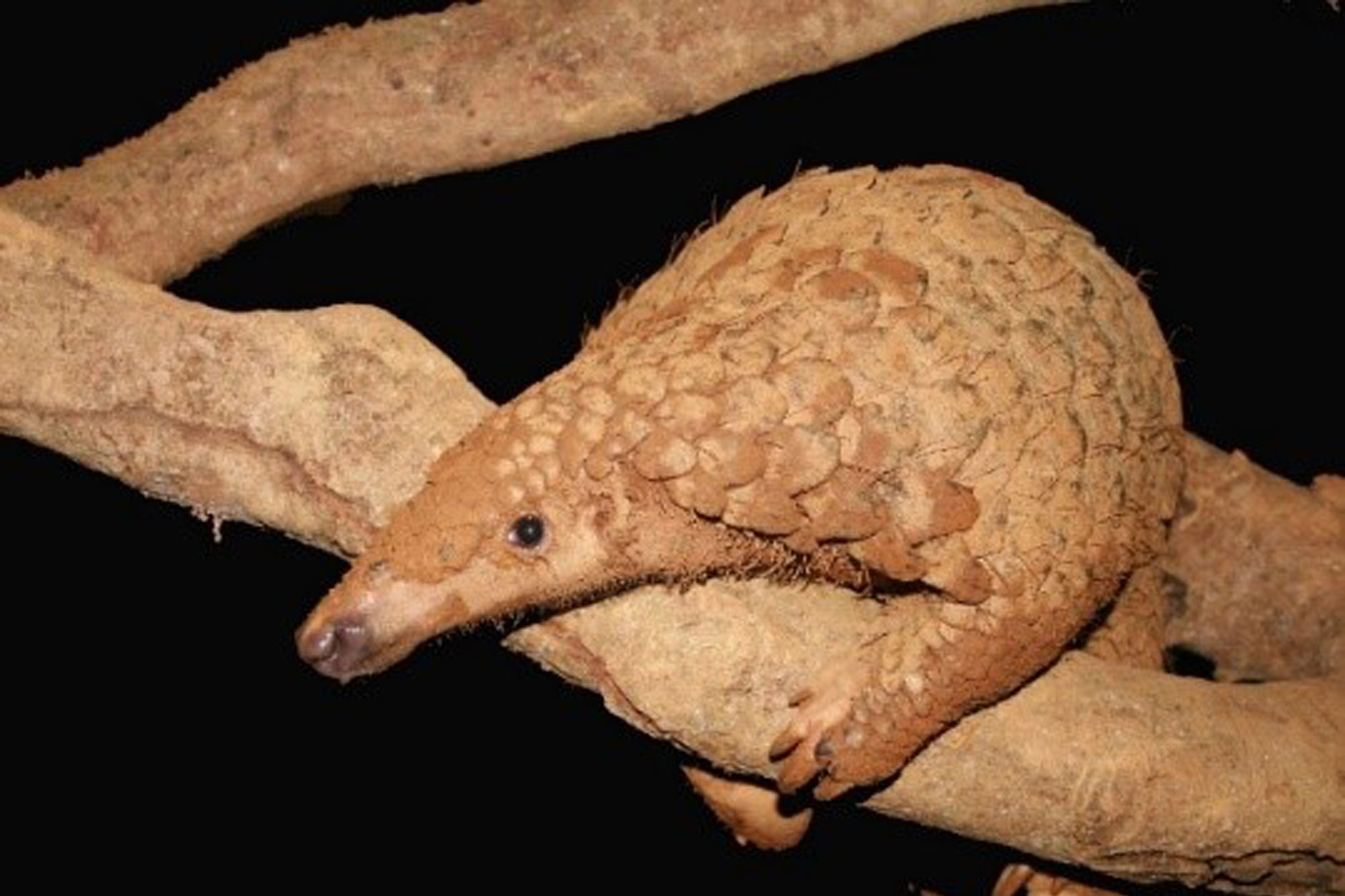Illegal wildlife trade (IWT) is a leading threat to biodiversity globally. Experts from across the globe will convene in London to explore strategies to tackle IWT.
Five of the UK’s most active research organisations, including DICE, are convening a Symposium on the evidence that underlies conservation strategies to address IWT. Research plays a central—but often overlooked—role in finding real-world solutions to the complex and rapidly changing challenges of illegal trade.
In response, experts are gathering to challenge myths about IWT, highlight the latest evidence and articulate gaps in our current understanding of IWT—all working to inform the upcoming UK Government’s London Conference on Illegal Wildlife Trade.*
Evidence to Action: Research to address illegal wildlife trade
Zoological Society of London, Outer Circle, London NW1 4SX
Tuesday 9 October
Evidence to Action will gather more than 270 researchers, community members, practitioners, journalists and decision-makers to explore the science of human responses to IWT, including their implications for wildlife, livelihoods and policy. It will cover topics such as:
- Innovative technologies, including forensic innovations, drones, AI, machine learning, online trade and social media
- “Forgotten” IWT, including forgotten species endangered by IWT (e.g., orchids, hornbills, fish), overlooked markets (e.g., UK, Europe and Latin America) and animal welfare
- The importance of gender to IWT interventions
- The role of media in reporting on complex and emotional IWT stories
- Park rangers and the controversial militarisation of conservation
- Product substitution in IWT (e.g. lion bones used in place of tiger bones)
- The use of celebrities to tackle wildlife trade
The symposium builds on a first-of-its-kind policy brief that highlights key research findings and gaps important to strengthening future conservation efforts.
The symposium will be live-streamed.
* Following the Symposium, the UK Government is hosting the London Conference on Illegal Wildlife Trade on 11-12 October.
Organising Committee
- Professor E.J. Milner-Gulland, Oxford Martin Programme on the Illegal Wildlife Trade, University of Oxford
- Laure Cugnière, Oxford Martin Programme on the Illegal Wildlife Trade, University of Oxford
- Paul De Ornellas, Zoological Society of London
- Professor Rosaleen Duffy, BIOSEC, University of Sheffield
- Dr David Roberts, Durrell Institute of Conservation and Ecology, University of Kent
- Dr Jacob Phelps, Lancaster Environment Centre, Lancaster University
Main image: Pangolins are one of the most trafficked mammals in the world, yet their plight remains largely unknown to the public (Credits: Dan Challender and Save Vietnam Wildlife)

